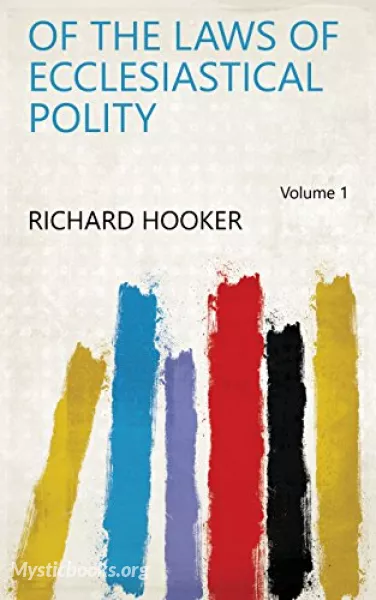
Of the Laws of Ecclesiastical Polity, Book 1
'Of the Laws of Ecclesiastical Polity, Book 1' Summary
Richard Hooker's Of the Laws of Ecclesiastical Polity is a seminal work of Anglican theology and political thought. First published in 1594, the work is a defense of the Elizabethan Church of England against the attacks of the Puritans. Hooker argues that the Church of England is a true and legitimate church, and that its polity is based on the laws of nature and reason.
In Book 1 of Of the Laws of Ecclesiastical Polity, Hooker sets forth his understanding of the nature of law. He argues that law is a universal principle of order that exists in both the natural and the moral realms. Law is not simply a human invention, but rather a reflection of the divine order of the universe.
Hooker then goes on to argue that the Church of England is a true and legitimate church. He argues that the Church of England is founded on the laws of nature and reason, and that it is therefore in accordance with the divine will.
Hooker's defense of the Church of England was highly influential in the development of Anglicanism. His work helped to establish the Church of England as a middle way between Roman Catholicism and Puritanism. Of the Laws of Ecclesiastical Polity is still considered a classic work of Anglican theology and political thought, and it continues to be read and studied by scholars today.
Book Details
Language
EnglishOriginal Language
EnglishPublished In
1594Genre/Category
Tags/Keywords
Authors
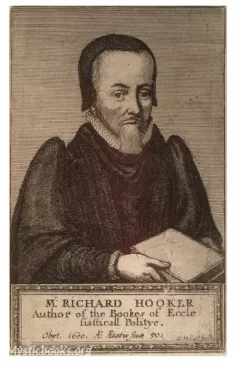
Richard Hooker
England
Richard Hooker (1554-1600) was an English clergyman and theologian who is considered one of the most important figures in the development of the Church of England. He was born in Heavitree, Devon, Eng...
Books by Richard HookerDownload eBooks
Listen/Download Audiobook
- Select Speed
Related books

热风 (Hot Wind) by Xun Lu
《热风》 is a collection of essays by Lu Xun, published between 1918 and 1924. These pieces, often short and impactful, dissect the social, cultural,...
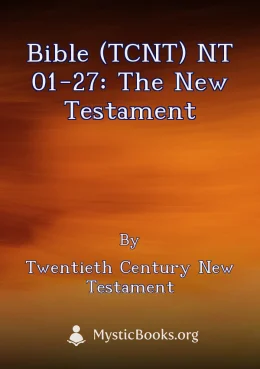
Bible (TCNT) NT 01-27: The New Testament by Twentieth Century New Testament
Published in 1904, The Twentieth Century New Testament is considered the first translation of the Bible into modern English. It was produced in Britai...
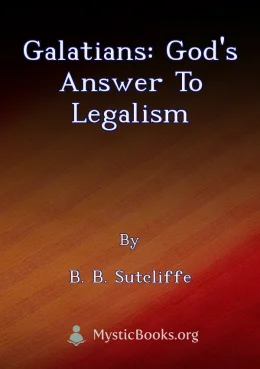
Galatians: God's Answer to Legalism by B. B. Sutcliffe
This book is a commentary on the New Testament epistle to the Galatians, written by the apostle Paul. It focuses on the central theme of justification...
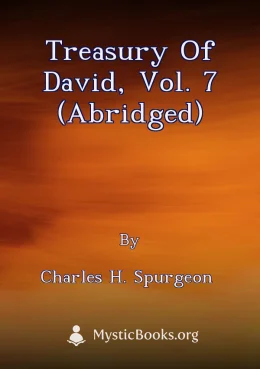
Treasury of David, Vol. 7 (Abridged) by Charles H. Spurgeon
The seventh and final volume of Charles Spurgeon's exposition of the Psalms, covering Psalms 125 to 150. Spurgeon's insights and practical application...

Quakers in the American Colonies by Rufus Jones
This book provides a comprehensive examination of the Quaker religious movement in the American colonies. It explores the historical and religious con...

Apology by Tertullian
Tertullian's *Apology* is a powerful defense of Christianity written in the late 2nd century AD. It addresses the Roman authorities directly, challeng...

Beecher Beached by John B. Tabb
Father John Banister Tabb, widely known as Father Tabb, was a respected American poet and Roman Catholic priest. His work often delved into themes of...
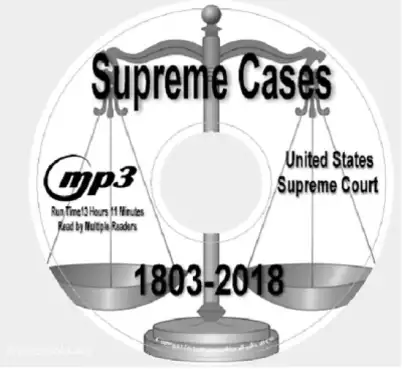
A Collection of Supreme Court Opinions: 1803-2018 by United States Supreme Court
These cases involved questions that came before the Supreme Court that needed answers. The questions in order of appearance in this project are as fol...

World's Best Orations, Volume 3 by Various
This volume compiles a selection of renowned speeches from various fields, showcasing the power and art of oratory. It presents a diverse range of voi...
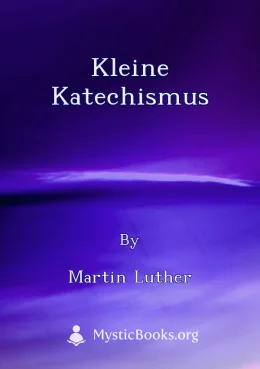
Kleine Katechismus by Martin Luther
Der Kleine Katechismus ist eine kurze Schrift, die Martin Luther 1529 verfasst hat. Er hat in den lutherischen Kirchen Bekenntnis- und Lehrcharakter;...
Reviews for Of the Laws of Ecclesiastical Polity, Book 1
No reviews posted or approved, yet...